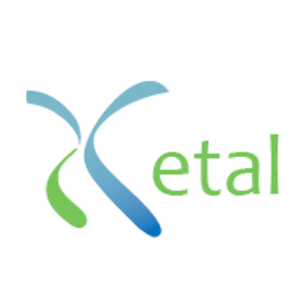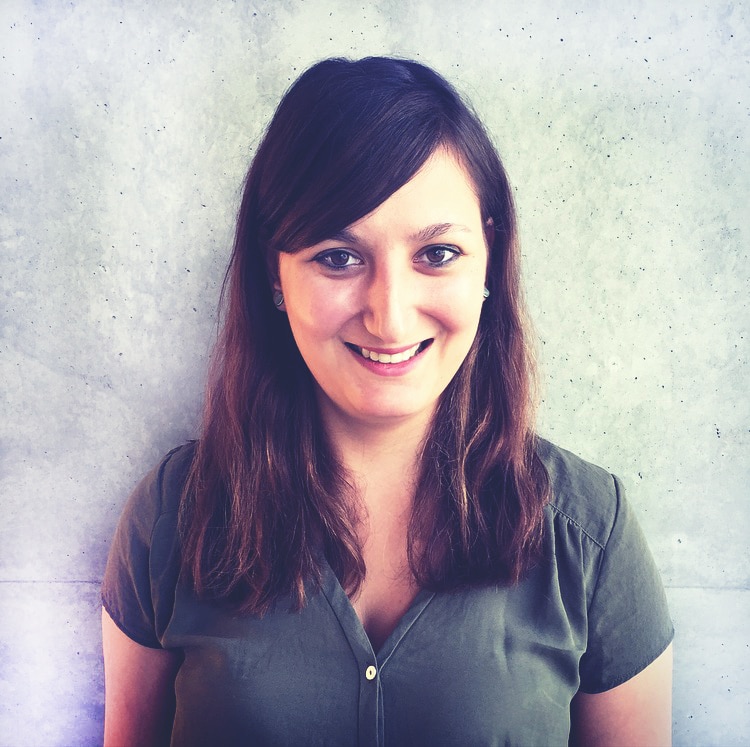Finalist | Xetal (Belgium) - beaconless indoor positioning systems for safer hospitals

Xetal has developed beaconless indoor positioning systems that enable IoT, smart home applications, help the elderly enjoy a better life and make hospitals a safer place. Their first product, MoCa, was launched in 2013. It is an indoor positioning alarm system aimed at detecting accidents in hospitals and nursing homes. The highlight: the person is not required to carry or wear any special devices. We talked to Francesco Pessolano, CEO and co-founder of Xetal, about his vision for his technology.
Fore more information have a look here: CODE_n CONNECT | Website | Facebook | Twitter
Where did your idea for the company come from?
Francesco Pessolano (Xetal): We have been working on people tracking and people activity monitoring for several years. However, it was only in 2010 that we finalized a solution that does all of these things without cameras or devices (e.g., tags or phones) to be carried by the people being monitored. In the same year, we showcased the technology to various opinion leaders in several markets and the response was such that we decided to develop the technology to a more mature state and finally, in 2013, set up Xetal with the help of three angel investors.
For which kind of audience is your product or service intended and what problem is it solving?
Francesco Pessolano (Xetal):
We solve a problem which is key for understanding what people do at home. We can track people without any need for them to carry a device. Furthermore, we do this in real time with very high accuracy and no intrusion into the person’s privacy. This means that as soon as somebody enters a house, we can learn from their actions in order to understand or predict what is happening.
We have launched one product, which focuses on the monitoring of patients and the elderly in the professional healthcare market. This is already being used to detect several dangerous situations for elderly people living in a nursing home or alone at home.
However, the possibly applications for such a technology are much broader. We are already in talks with several interested partners for applications ranging from health care (our current market focus) to bank security, home automation and office space management.
Tell us a bit about the company’s founders like their professional or industry background and the origins of the founding idea.
Francesco Pessolano (Xetal): One thing the two key founders have in common is that they both earned an MSc EE at the University of Pisa, even if that was more than a decade apart.
And we are both interested and experienced in programming, embedded software, 3d printing and positioning technologies.
However, while I, Francesco, experienced a fast-lane but classic career in technology by working for companies like Philips, NXP and IMEC, my co-founder Marco started his career with the project that has actually transformed into Xetal.
You developed a product in a sector with very serious privacy concerns. Have customers confronted you with these kinds of concerns and, if so, how do you deal with them? Or has society started to become more open-minded regarding location based services?
Francesco Pessolano (Xetal): This concern about privacy depends a lot on the country in question and the perceived need for the product. In fact, while nobody seems to worry about the fact that buying a smartphone today means a huge loss of privacy, anything that is related to the IoT is perceived as loss of privacy. This is because the perceived need for the IoT is lower than it is for a smartphone. As far as we’re concerned, our technology is anonymous by design, so we are simply not able to make a distinctions between different individuals, or recognize somebody. So if we detect something, only the person receiving and owning the data is able to actually understand what it means. Furthermore, all the data we generate is kept local (or has on request to be kept local) with respect to the requirements of our current customers in the professional health care market. In short: no, the level of concern is not reducing, but our products and technology are not perceived as an invasion of privacy.
See Xetal live on the CODE_n Stage on Monday, 16.03.2015.






Comments